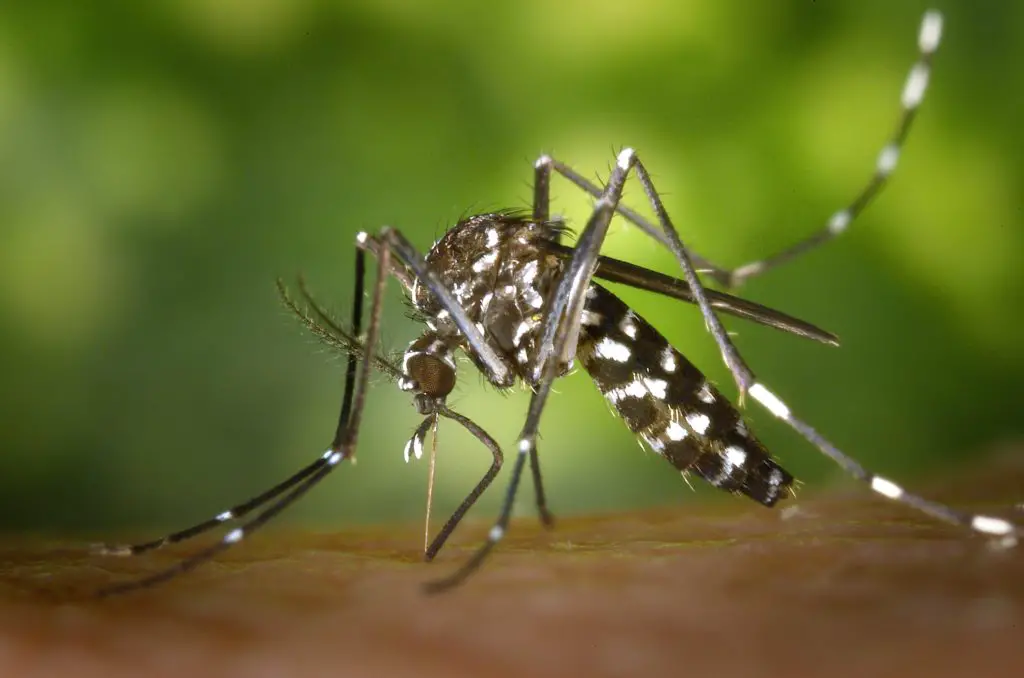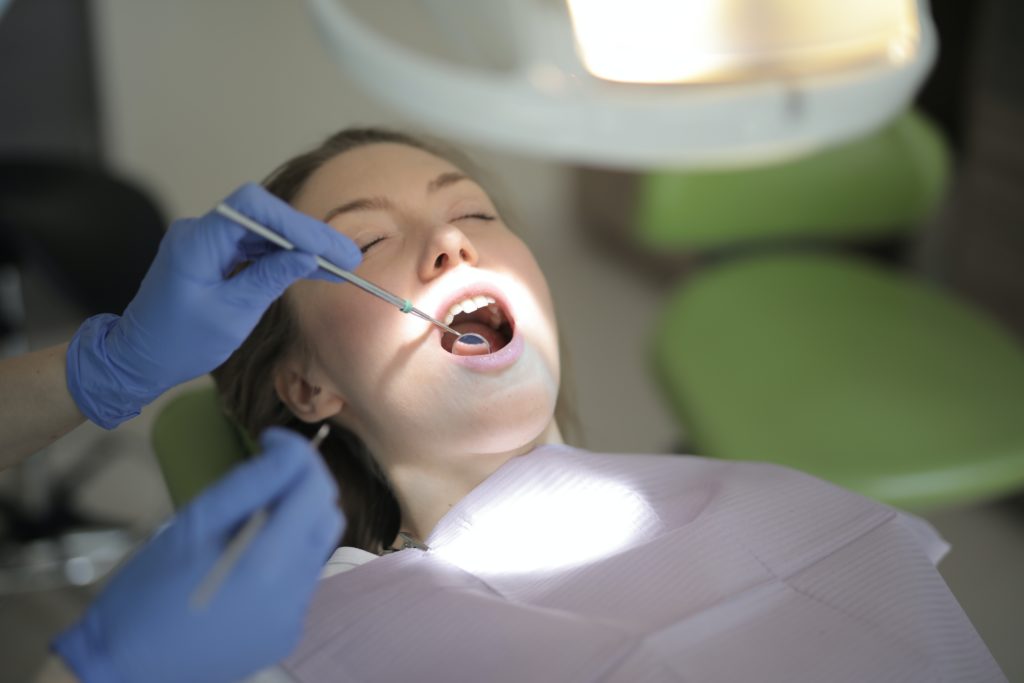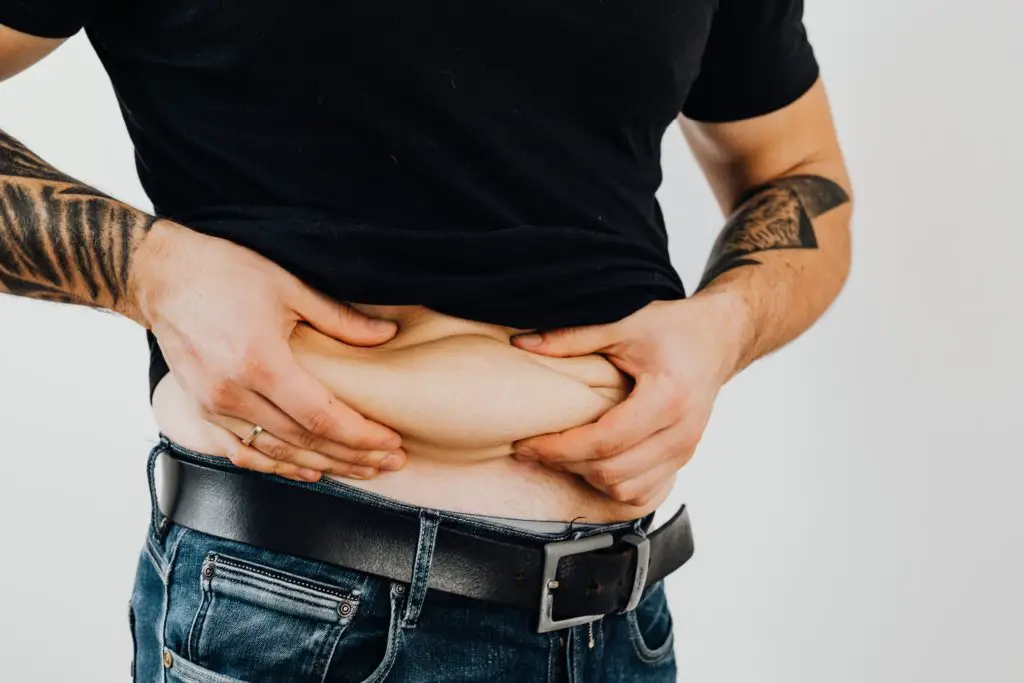Nasal polyps are soft, sac-like growths on the lining of the nose or sinuses.
Causes
Nasal polyps can grow anywhere on the lining of the nose or the sinuses. They often grow where the sinuses open into the nasal cavity. Small polyps may not cause any problems. Large polyps can block your sinuses or nasal airway.
Nasal polyps are not cancer. They seem to grow due to long-term swelling and irritation in the nose from allergies, asthma, or infection.
No one knows exactly why some people get nasal polyps. If you have any of the following conditions, you may be more likely to get nasal polyps:
- Aspirin sensitivity
- Asthma
- Long-term (chronic) sinus infections
- Cystic fibrosis
- Hay fever
Symptoms
If you have small polyps, you may not have any symptoms. If polyps block nasal passages, a sinus infection can develop.
Symptoms include:
- Runny nose
- Stuffed up nose
- Sneezing
- Feeling like your nose is blocked
- Loss of smell
- Loss of taste
- Headache and pain if you also have a sinus infection
- Snoring
With polyps, you may feel like you always have a head cold.
Exams and Tests
Your health care provider will look in your nose. They may need to perform nasal endoscopy to see the full extent of the polyps. Polyps look like a greyish grape-shaped growth in the nasal cavity.
You may have a CT scan of your sinuses. Polyps will appear as cloudy spots. Older polyps may have broken down some of the bone inside your sinuses.
Treatment
Medicines help relieve symptoms, but rarely get rid of nasal polyps.
- Nasal steroid sprays shrink polyps. They help clear blocked nasal passages and runny nose. Symptoms return if treatment is stopped.
- Corticosteroid pills or liquid may also shrink polyps, and can reduce swelling and nasal congestion. The effect lasts a few months in most cases.
- Allergy medicines can help prevent polyps from growing back.
- Antibiotics can treat a sinus infection caused by bacteria. They can’t treat polyps or sinus infections caused by a virus.
If medicines don’t work, or you have very large polyps, you may need surgery to remove them.
- Endoscopic sinus surgery is often used to treat polyps. With this procedure, your doctor uses a thin, lighted tube with instruments at the end. The tube is inserted into your nasal passages and the doctor removes the polyps.
- Usually, you can go home the same day.
- Sometimes polyps come back, even after surgery.
Prognosis
Removing polyps with surgery often makes it easier to breathe through your nose. Over time, however, nasal polyps often return.
Loss of smell or taste does not always improve following treatment with medicine or surgery.
Possible Complications
Complications may include:
- Bleeding
- Infection
- Polyps coming back after treatment
When to Contact a Medical Professional
Call your provider if you often find it hard to breathe through your nose.
Prevention
You can’t prevent nasal polyps. However, nasal sprays, antihistamines, and allergy shots may help prevent polyps that block your airway. Newer treatments such as injection therapy with anti-IgE antibodies may help prevent polyps from coming back.
Treating sinus infections right away also may help.
References
Bachert C, Calus L, Gevaert P. Rhinosinusitis and nasal polyps. In: Adkinson NF, Bochner BS, Burks AW, et al, eds. Middleton’s Allergy: Principles and Practice. 8th ed. Philadelphia, PA: Elsevier Saunders; 2014:chap 43.
Haddad J, Dodhia SN. Nasal polyps. In: Kliegman RM, St. Geme JW, Blum NJ, Shah SS, Tasker RC, Wilson KM, eds. Nelson Textbook of Pediatrics. 21st ed. Philadelphia, PA: Elsevier; 2020:chap 406.
Murr AH. Approach to the patient with nose, sinus, and ear disorders. In: Goldman L, Schafer AI, eds. Goldman-Cecil Medicine. 26th ed. Philadelphia, PA: Elsevier; 2020:chap 398.
Soler ZM, Smith TL. Results of medical and surgical treatment of chronic rhinosinusitis with and without nasal polyps. In: Flint PW, Haughey BH, Lund V, et al, eds. Cummings Otolaryngology: Head & Neck Surgery. 6th ed. Philadelphia, PA: Elsevier Saunders; 2015:chap 44.









